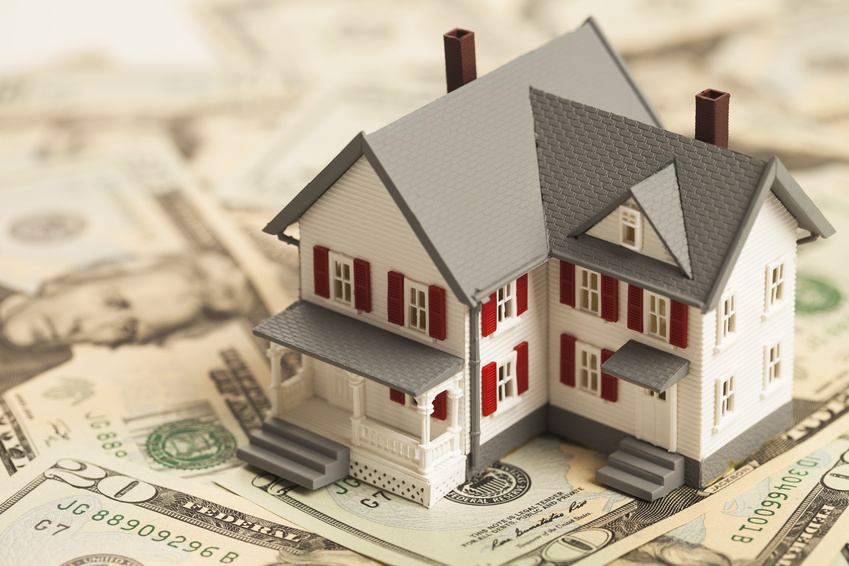There is a reason that most millionaires have traditionally invested in real estate: it is a worthwhile investment option. Aside from providing a strong passive income, choosing to invest in real estate with pros such as www.homechannel.ca allows individuals to experience long-term financial stability and maximize countless tax benefits. Investing in real estate also keeps you safe from inflation, which means that you can still earn regardless of the trends in the market.
But since real estate requires time and a lot of your resources, it’s important to make careful decisions before diving into this kind of investment. If you want to enjoy the benefits of real estate accounting while keeping risks to a minimum, you should spend some time educating yourself about the industry. Having the motivation to earn isn’t the only thing you should be concerned about when investing in real estate.
Before investing, you need to consider several factors. This information will help you determine if real estate investing is appropriate to your current resources and financial goals. Before you spend any of your resources in real estate investing, it’s important that you know all of these things first:
Real Estate vs. Other Investment Options
Real estate offers a host of advantages compared to investments like bonds, stocks, and mutual funds. Since real estate appreciates over time, it keeps up with the pace of inflation; its cash flow is predictable; the positive leverage offers a greater return; and as debt is reduced, equity growth is accrued.
State of the Your Local Real Estate Market
Gauge your local real estate market to see how it is currently functioning. What types of properties are very saleable in your area? What price range can your target market afford? What features are your target audience looking for in a property? Having answers to these questions will make it very easy for you to provide the needs of your target market and ensure that you can earn during the process. Being well-informed about the local real estate market will also prevent you from making costly mistakes and falling victim to common scams.
While true real estate investors invest in all market conditions, as a beginner, you want to make sure the environment is right for you to get started. Regardless of how cheap or small the property you’re planning to invest in, keep in mind that this endeavour will always require time and effort from you. Investing in the wrong type of property can lead to financial stress and lack of motivation to continue investing in real estate. Talk to real estate agents and other professionals in the industry to determine what your local market landscape is currently like. When it comes to real estate investing, knowledge is always power.
Ability to Fund Your Purchase
Investment properties do not qualify for conventional (traditional) loans, so you will need to either have the funds to pay for the property in cash or borrow the money from a hard money lender. Hard money lenders are institutions or individuals that lend funds to investors for higher rates and terms much shorter than conventional lenders.
Down Payment
You likely need to bring a down payment to the table at closing. The minimum down payment for an investment property is usually ten percent. The more you pay for a down payment, the lower your monthly cost. A home affordability calculator will give you an indication of how much you should look to pay for a home.
Rehabilitation Expenses
Once you gain possession of the property, you will need to take care of the renovation; this means you will need the funds to cover these expenses. If you do not have the funding on hand, you can borrow from a lender or even use credit as a short-term way to cover the costs.
Fix & Flip or Rent
There are two ways that you can approach real estate investing: you can either be a wholesaler by fixing the property and putting it back on the market (fix and flip), or you can hold on to the property and rent it out to tenants. If you do not want to deal with tenants and just want to make a quick turnover, you will want to be a wholesaler rather than a landlord. As you grow your real estate business, you may want to hold some and flip others.
Final Words
Real estate is largely regarded as the ultimate investment. Property investors can enjoy the profits of a tangible asset that offers a passive income that often appreciates over time. Weigh the potential of real estate as a viable investment option for your retirement plan.



